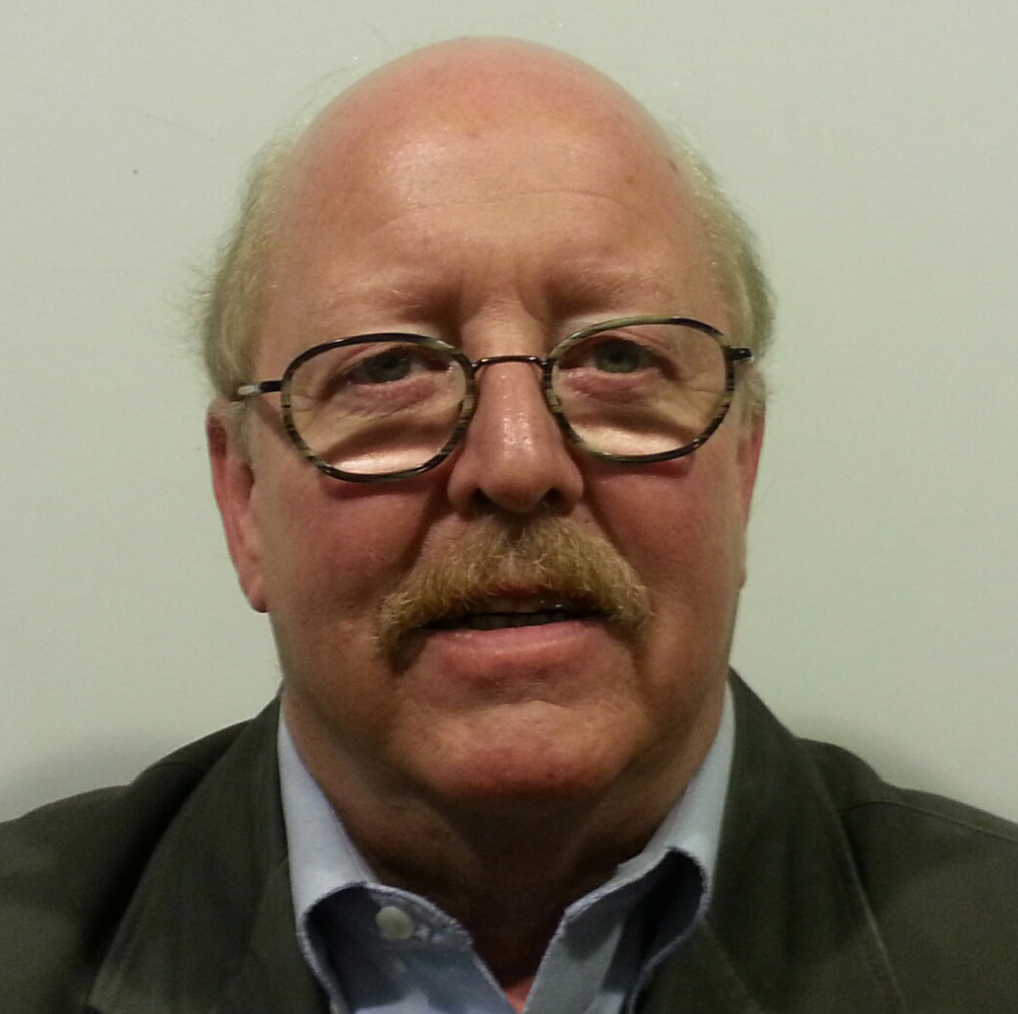
Nobody didn’t like Kansas getting about $1.2 billion –that’s billion, not just those pesky millions – to recover from the COVID-19 pandemic, to rebuild the damaged economy, to finance health care and the exceptional new expenditures that will be required to safely operate schools, colleges and public offices, and to get ready for the next time a pandemic explodes across the state.
Practically, there’s not a Kansan who hasn’t felt the effects of the pandemic, even in western Kansas’ Rawlins and Wallace counties, the two in the state which have apparently had no known cases of the disease.
But that $1.2 billion to meet the state’s costs and prepare for the future is proving to be pretty tricky for members of the State Finance Council to deal with. It’s just a whole different way to do business than the legislators who make up that panel have ever dealt with.
Where should that money go, who should get it and for what?
Well, there was the first $400 million, which was divvied up among 103 Kansas counties, (yes, we still have 105 counties, but Sedgwick and Johnson are so big they got their own direct funding under the federal Coronavirus Aid, Relief and Economic Security (CARES) Act). That first roughly $400 million was largely just long division: population estimated per-person expenses caused by the pandemic, plus some extra for high unemployment caused by the disease. That was relatively easy.
But the remaining roughly $600 million that the state is supposed to distribute by Dec. 30, well, that’s where everything gets complicated, especially to legislators on the Finance Council who have been trained to spend state funds as conservatively as possible, and for specific purposes. That specificity during the legislative session means nothing so general as “economic recovery” or financing health care to unprecedented numbers of Kansans, plus getting oxygen to businesses which were closed or severely limited in operations through the statewide shut-down to deter spread of the disease.
The Finance Council has already approved more than $100 million in those CARES Act funds for public health, $78 million for economic development and $75 million for education ranging from pre-school to community colleges.
But it is the most trendy-sounding of the issues that will be dealt with that is the most complicated for the governor’s coronavirus team to get approved by the legislators who will have to OK the distribution of federal funds. It’s “connectivity” – or the Internet.
The issue is a governor’s task force recommendation to spend up to $50 million for getting broadband Internet service statewide, faster service that can handle everything from telemedicine that allows health care in doctor-sparse areas to services for stay-at-home schoolchildren in vast areas of the state without modern Internet service—or Internet service at all…
And there’s another $10 million that lawmakers on the Finance Council want to study for getting Internet service to the state’s low-income residents. That broadband service isn’t free, and often isn’t cheap.
The federal money, well, it’s federal money, but lawmakers want to know who’s getting it.
For example, there’s $61 million to restart and help finance businesses across the state including grants to small businesses pounded by lack of spending by Kansans. “Grant” is the key here: it’s giving federal money to help businesses stay afloat and prosper. It’s just handing federal dollars to business for a good purpose, but it’s out of character for most lawmakers.
What will help businesses prosper, and do legislative leaders trust the governor’s Strengthening People and Revitalizing Kansas (SPARK) task force to decide which businesses will make the right decisions?
We’ll see how that turns out in the next few weeks when those federally funded checks start getting sent to Kansas businesses…
Syndicated by Hawver News Company LLC of Topeka; Martin Hawver is publisher of Hawver's Capitol Report—to learn more about this nonpartisan statewide political news service, visit the website at www.hawvernews.com






